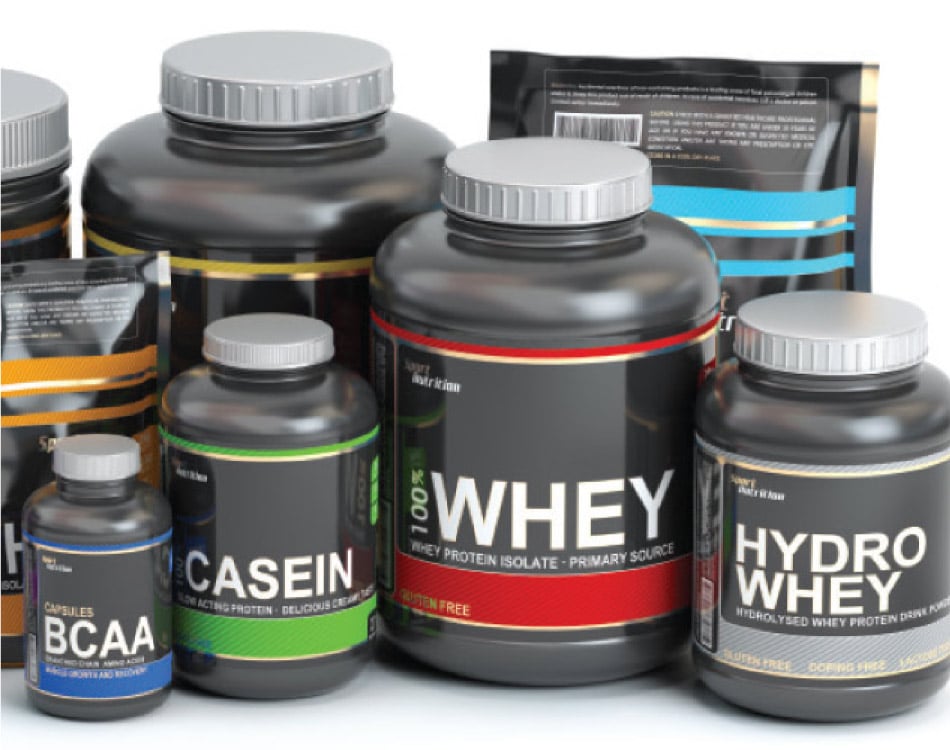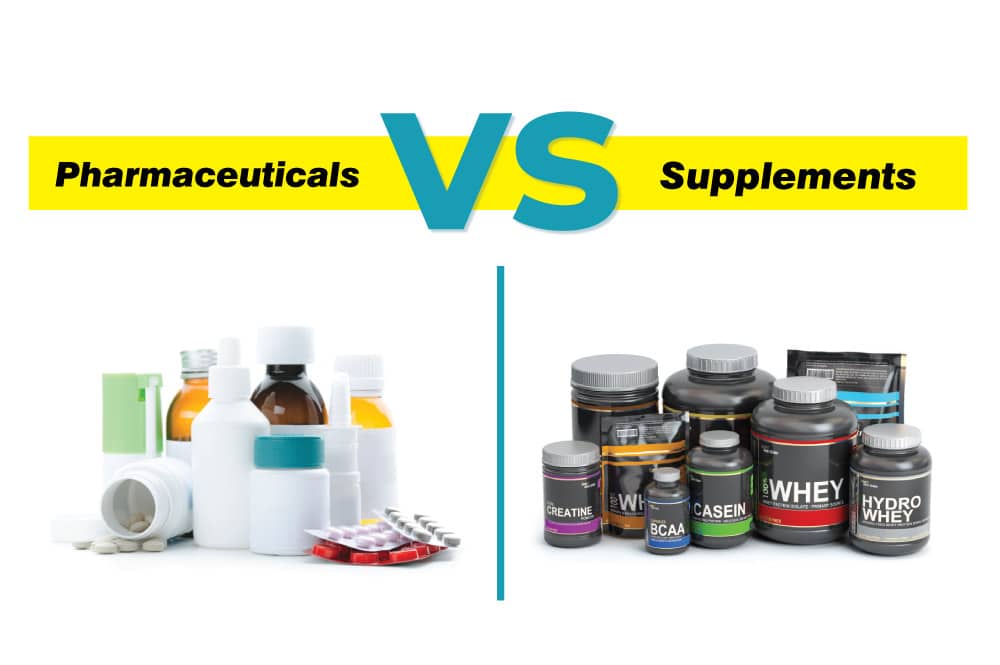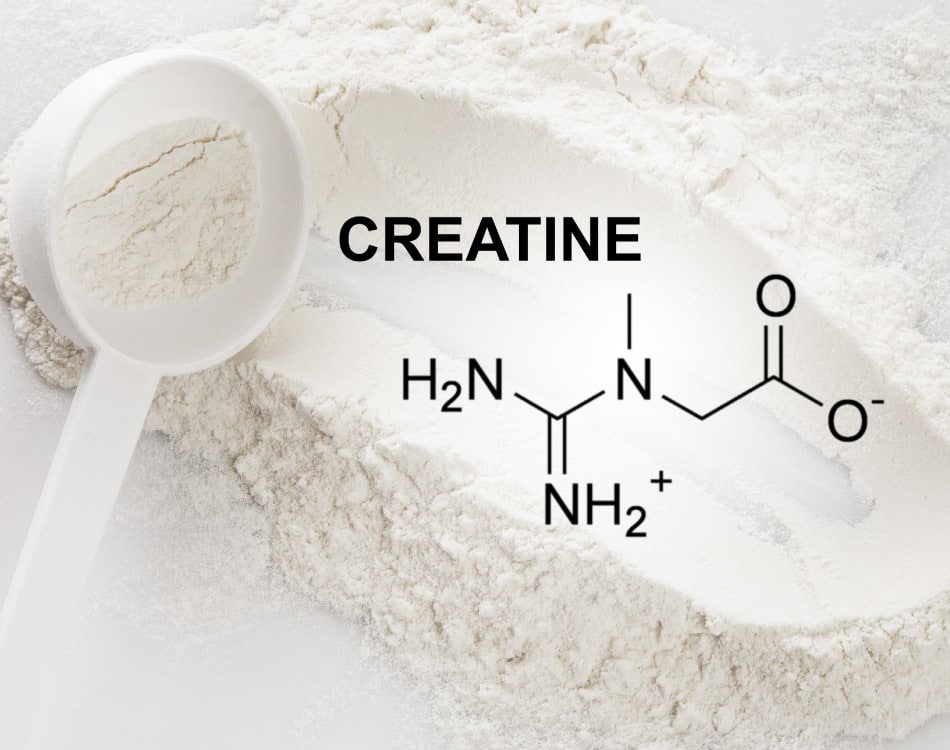Is your supplement cupboard on your spring cleaning to-do list?
Before you toss out any unused products, make sure you carefully check the sell-by and use-by (or expiration) datesbecause there is often an important difference.
When deliberating on the quality of the products you’ll likely find in your supplement cupboard, it is important to first distinguish between supplements and any pharmaceuticals you’ve stored there.
READ MORE | Your Complete Guide to Supplements
Categorising supplements
Supplements are generally classified as nutraceuticals, a portmanteau of the words “nutrition” and “pharmaceutical”. The term encompasses products that include isolated nutrients, dietary supplements, herbal products and functional foodstuffs.
Pharmaceuticals are drugs or medications used to cure, treat or prevent disease. These could include scheduled prescription drugs and over-the-counter (OTC) medicines.
It is important to strictly adhere to expiry dates with any pharmaceutical products because active ingredients may no longer work in the intended manner past their expiration date.
READ MORE | Vitamin packs: Small supplements that pack a big punch
Sell vs expiry dates
However, sell-by and expiration dates on nutraceuticals and supplements generally serve as a guideline for how long a product, particularly its active ingredients, retain its marketed quality or retain its full potency.
Supplement manufacturers also print these dates on products to comply with various food labelling regulations and good manufacturing practice (GMP) requirements. It is not necessarily indicative of the date when the product is no longer comestible.
The sell-by date refers to a product’s in-store shelf life, which pertains to the recommended time in which it retailers should sell the product to retain its marketed level of quality.
The use-by or expiration date generally indicates the date after which the product will no longer retain the marketed quality or highest potency as the vast majority of ingredients in supplements degrade gradually over time. However, they won’t necessarily pose any health risks beyond this date.
READ MORE | Discover the world of protein options
Date labelling cheat sheet:
- Sell-By: The prescriptive date retailers use to determine when the product should be sold or removed from the shelf. This does not mean that the product is unsafe to consume after the date.
- Use-By: A recommended directive for consumers indicating the date by which the product should be consumed, primarily due to quality, not necessarily any risk to your health.
- Best-By: A suggestion for consumers that indicates the best date to consume the product to assure optimal quality.
Degradation rate
In terms of vitamins and minerals, it is worth noting that certain products will degrade at a more rapid rate than others. Minerals, for instance, will last longer than vitamins in pill form.
Other products, particularly live probiotics and digestive enzymes, will have a shorter shelf life than vitamins, minerals and supplements.
Liquid-based supplements also tend to degrade more rapidly than powders or pills, particularly fat-based products such as essential fatty acids, oils or body toners like conjugated linoleic acid (CLA), which are generally available in capsule form.
Pure liquid form products can also become rancid when exposed to direct sunlight or oxidised. Accordingly, do not consume these products after their expiry date, especially if they were stored incorrectly.
READ MORE | Whey your options: Your guide to buying the best whey for your goals
When to toss
You may find that the flavour of a protein or meal replacement powder changes over time. This happens because the flavouring system is usually the first component that degrades.
Therefore, if you find that a tub of chocolate-flavoured whey, for instance, is no longer palatable, you can throw it out. But the different taste profile does not necessarily indicate that it is detrimental to your health in any way.
However, if you find mould in a powder or solid form product, chuck it out immediately, regardless of the expiry date.
READ MORE | Pre-load, re-load and recover: 4 supplements to power up your workouts
Make it last longer
You can extend the shelf life of most supplements by storing them in a cool, dry place. This means the kitchen, which experiences varying temperatures and humidity from cooking, or bathroom, are not ideal locations for your products.
For more sensitive products such as live probiotics, enzymes and fish oil or liquid-based supplements, a fridge is often the best place to store them.
Always read the label to determine the best storage methods to prolong the shelf life of your products and derive the most value from your purchase.
READ MORE | Manage stress and improve mental health with these supplements














